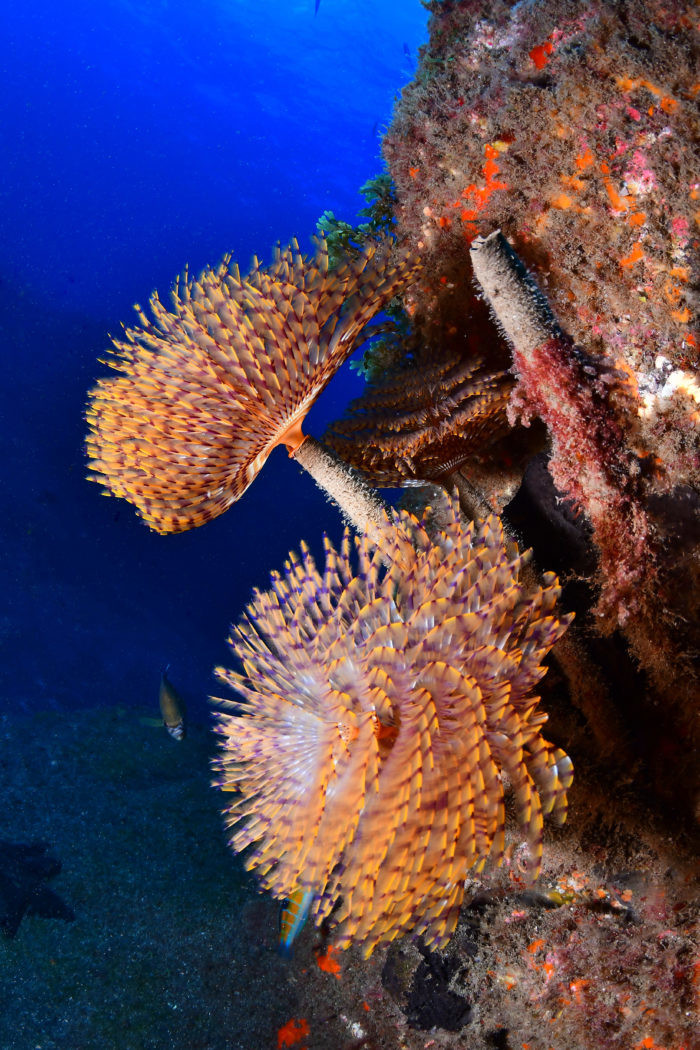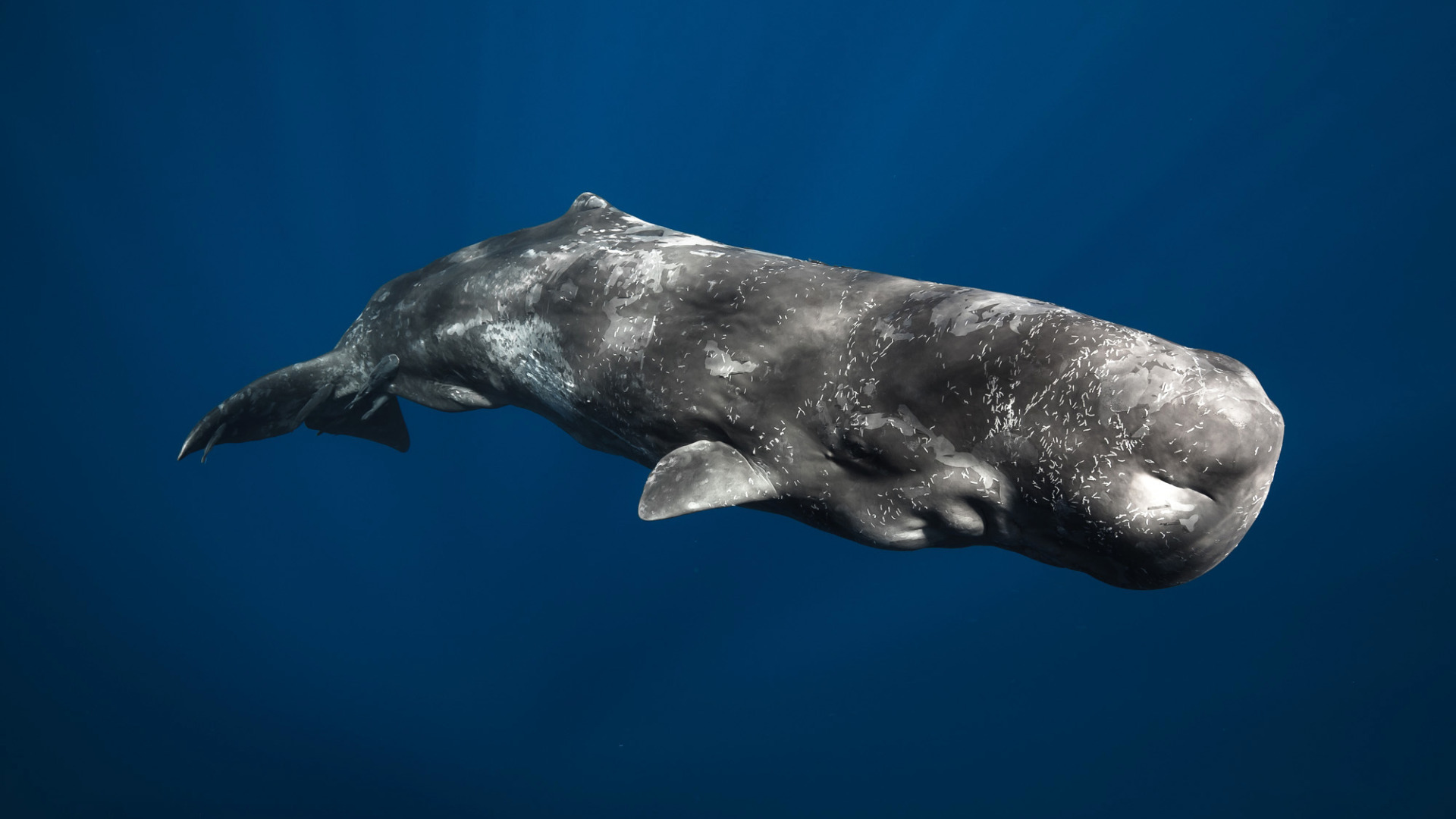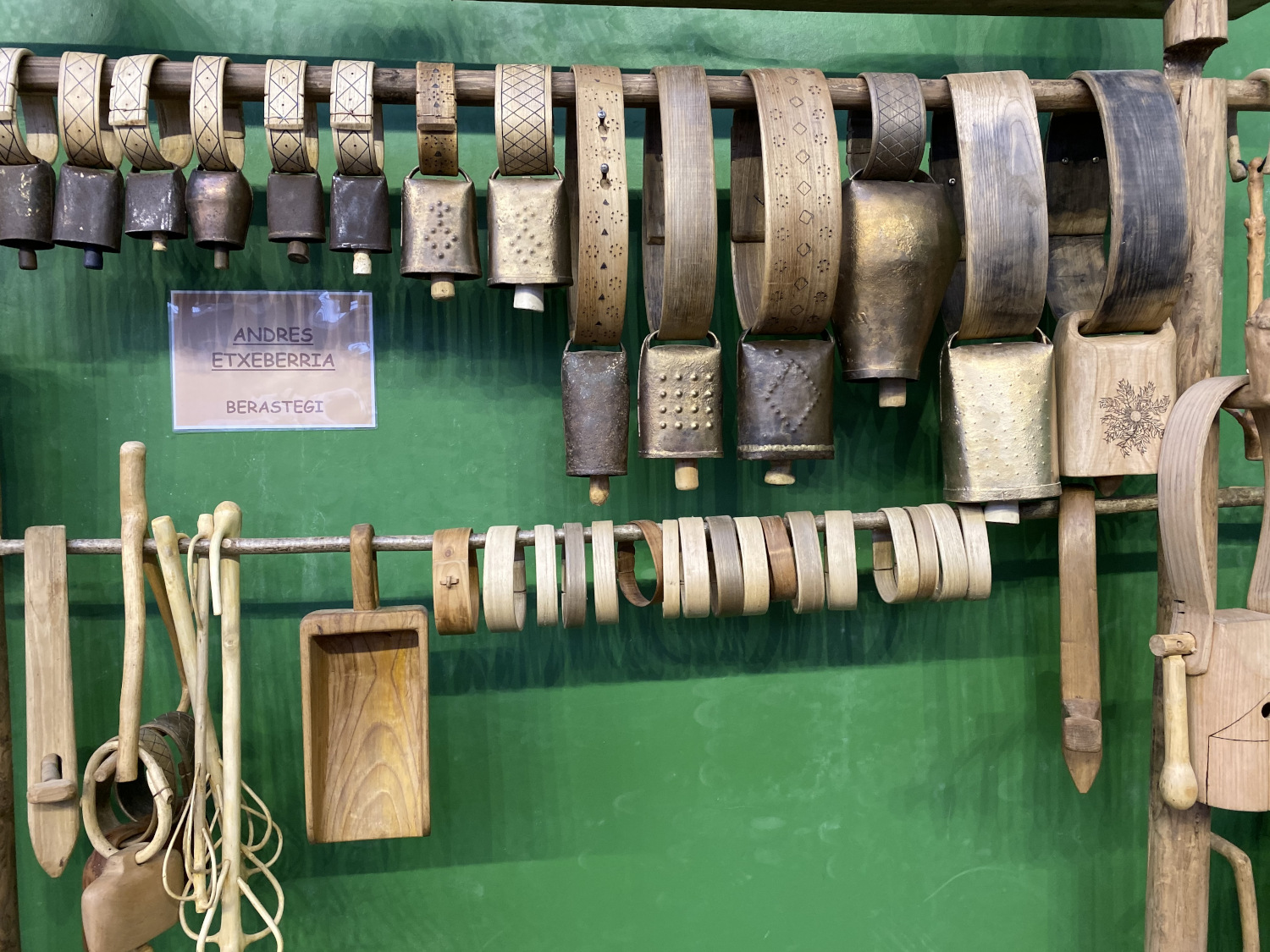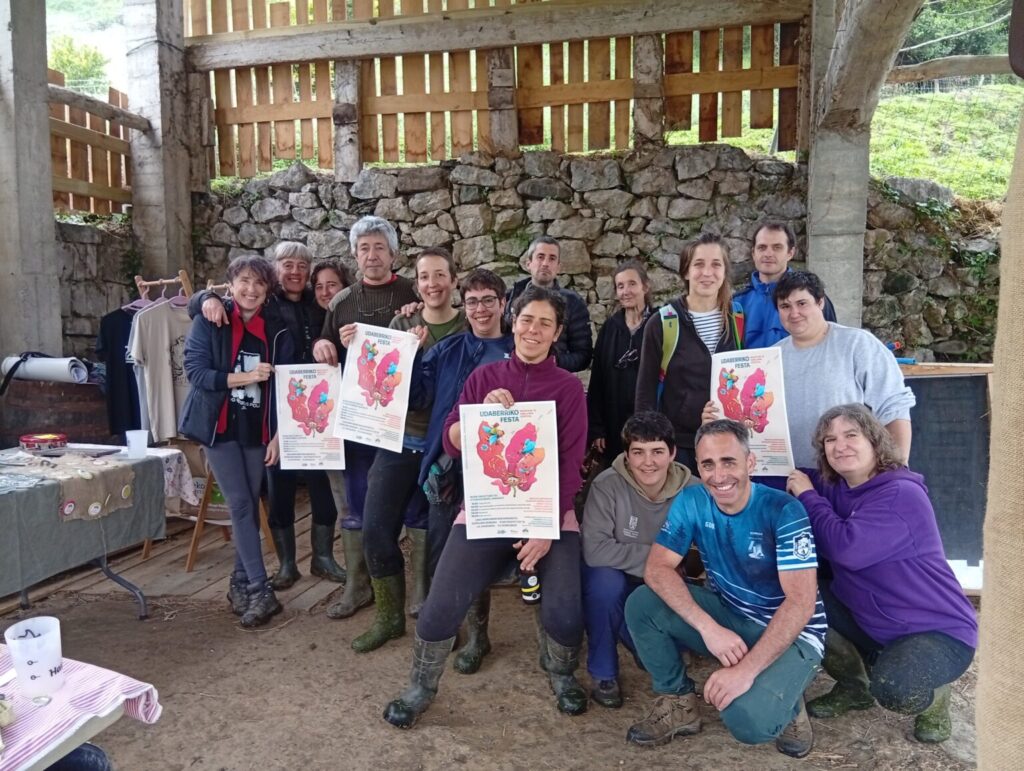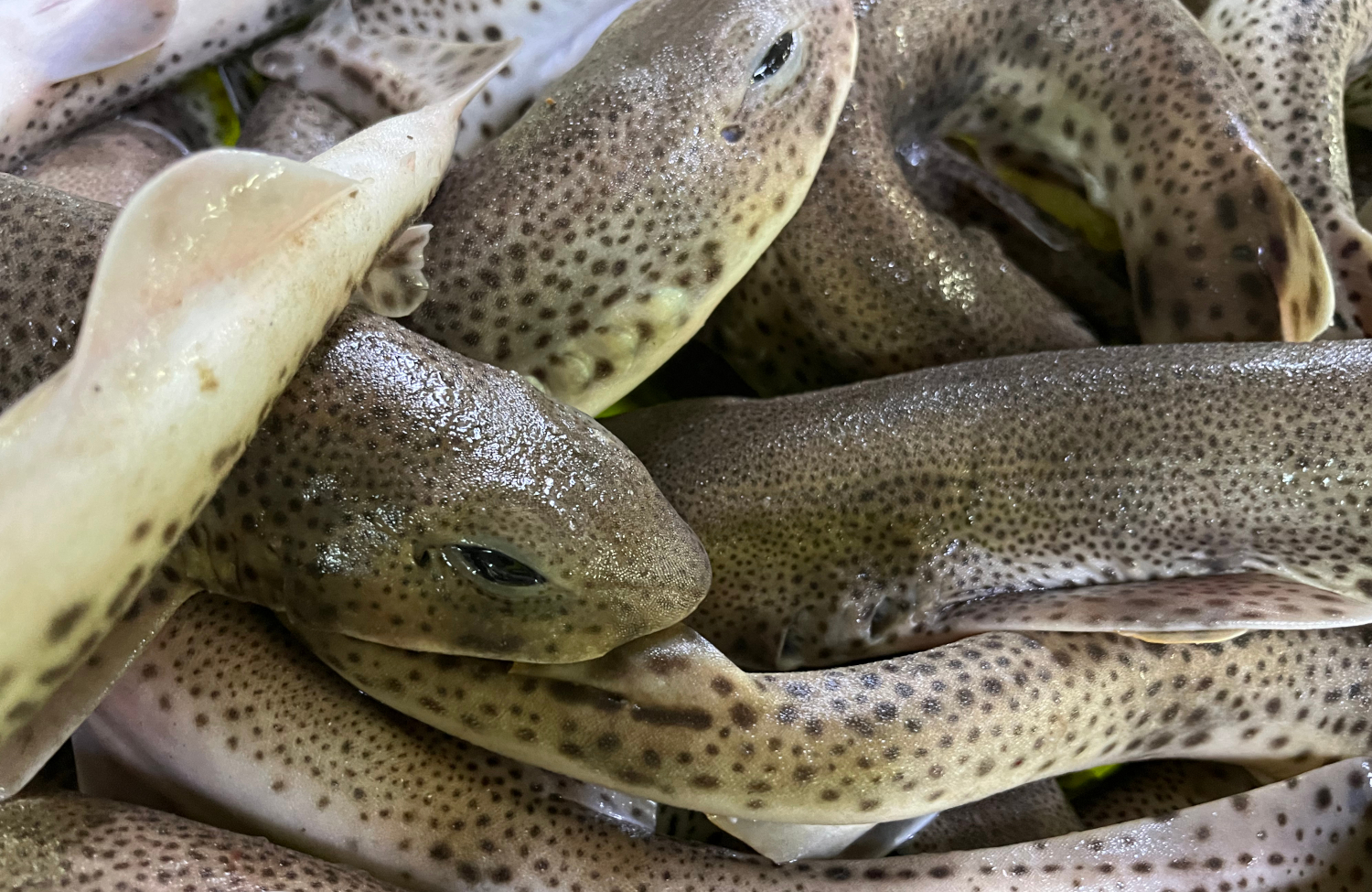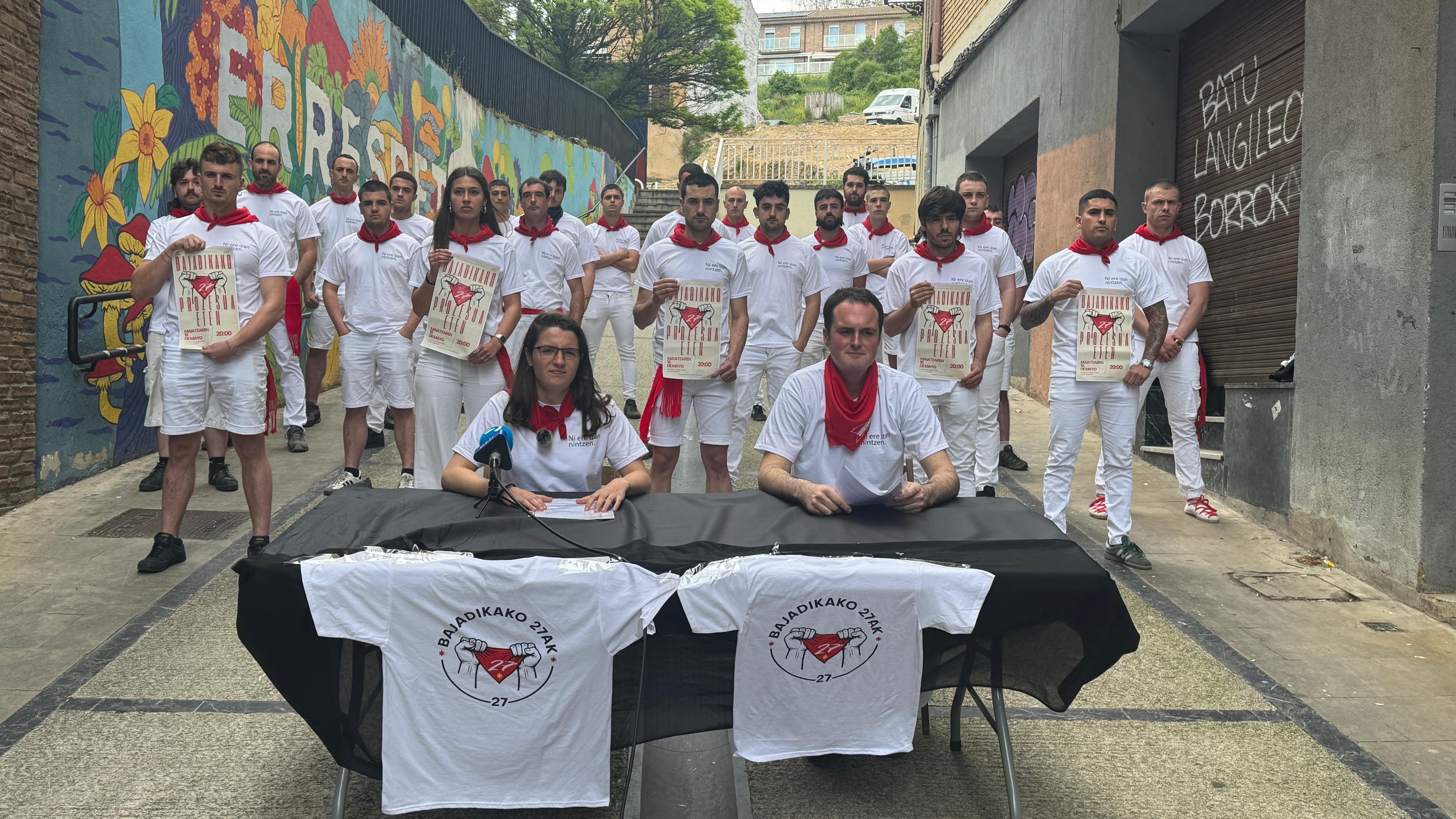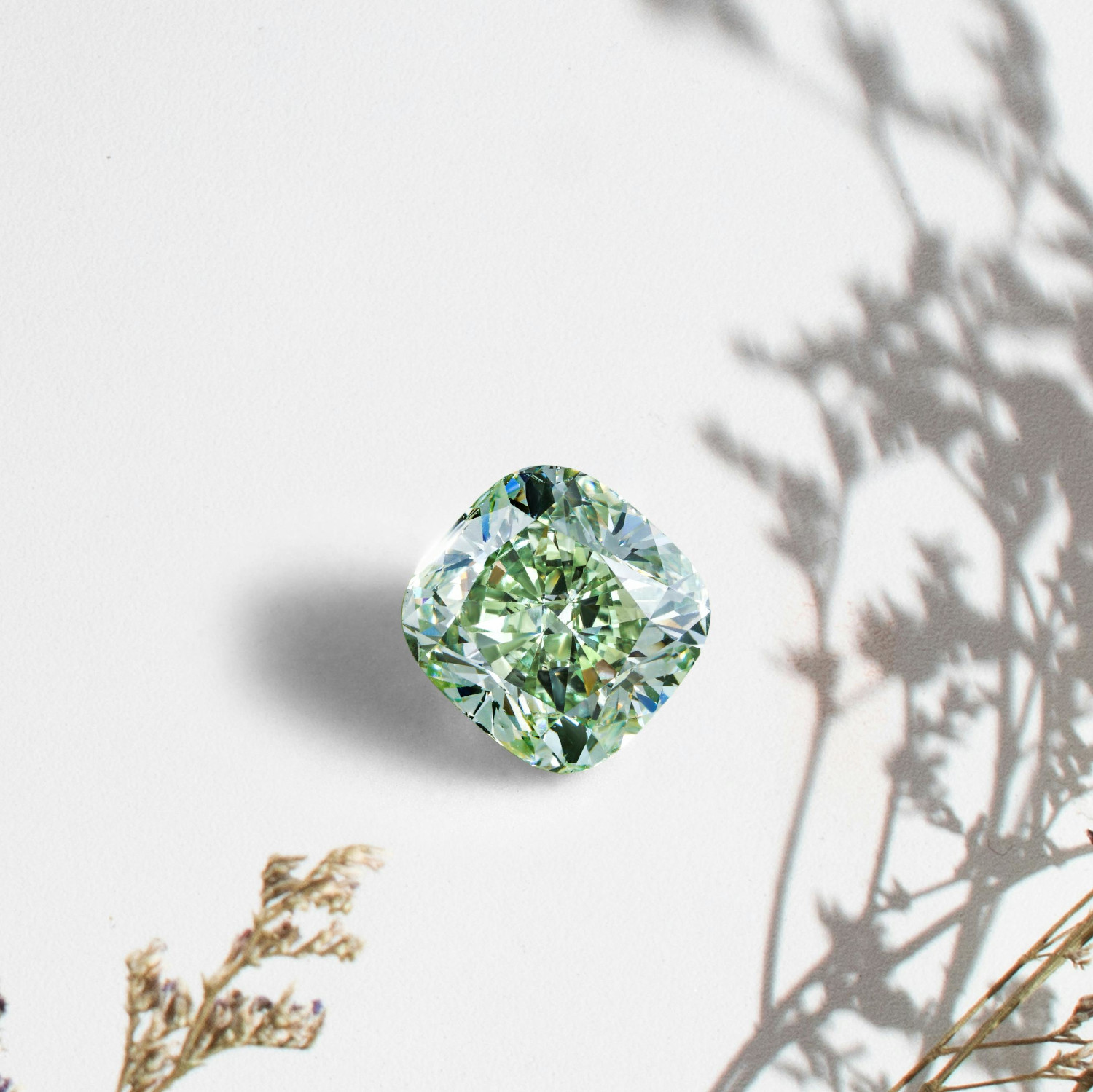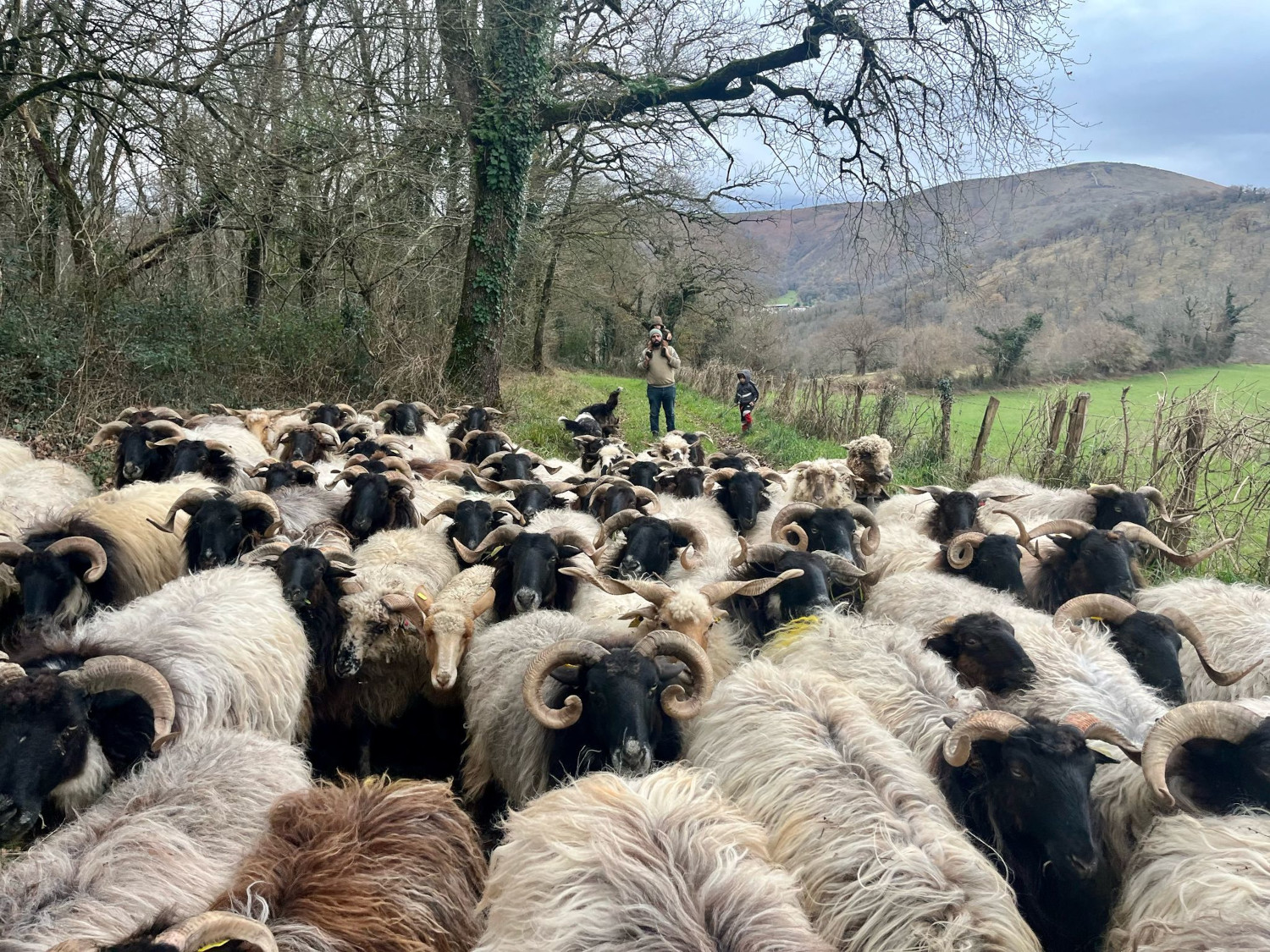
A medium jet of guindilla (Capsicum annuum) is a plant cultivated on the first wandering moon and this year yes, I have to investigate that pain… The guindilla carries in the name of pain, in many cases, but carefully, the pain point or the pain point are more squamous, like the peppers of the piquillo (Capsicum annuum “Piquillo”) or red. The pain is far away and his name says it very well: Capsicum annuum “Biper Eztia” and also from Gernika Capsicum annuum “Gernika”.
Pain, though, is necessary, right? No pain, no spikes, no jewelry, I don't notice life. These hinges of all those hot peppers, I have them by hand in the kitchen. Also in the preparation of food in the kitchen and in the meal prepared at the table. This short walk from the kitchen to the table always leads us to the vegetable garden. In our case this circuit is very short, a matter of a few meters. And pain seems to me to be guessed: the invention of the path from the idea to the birth of pain, to work, to creativity, to the tip of pain. That is, an easy vigilance until the pleasure of the roof of the mouth to orgasm. Easy and difficult. The tasks of knowing different peppers, finding seeds or plants, bringing them in time, planting them, taking care of them and harvesting them are becoming increasingly difficult. Even the railing and if you get the local, they are easier than blowing the kitchen and the table.
The cow also blows. In recent times, particularly in the media, methane gas is the digestion of the vaccine, a growing cause of apparently harmful gas to the planet or our lives. As if the eight billion people we are don’t create a well… The nutritionist Angela Quintas, author of the book Superpedorro (puzkerrontzi alaena), says that it is common for a person to throw between 15 and 20 murmurs a day. Eight billion people, five hundred each day, are 44 trillion murmurs a year, yes, a strong methane spill.
Dr. Leoni Martins of US University Penn State has conducted research to improve cow feeding and make better use of cows' food. He measured the effect of adding 48 holstein cows (here known as “frisona”) to the oleoresin capsicum that produces the pain of the peppers. And the results were spectacular. Capsine captured cows from peppers or clove oil make better use of the energy generated by food and give them an unexpected and beneficial side: reducing methane emissions.
I planted the guindil field on the previous waning moon. Methane measurement will come later. Then warm.
Pond of Venice, year 452. Prompted by the Huns' invasion, several inhabitants of the interior of the Italian peninsula took temporary refuge in the swampy area. But the Lombard invasions came in a few years, and it would become a permanent home for those immigrants. It was a... [+]










